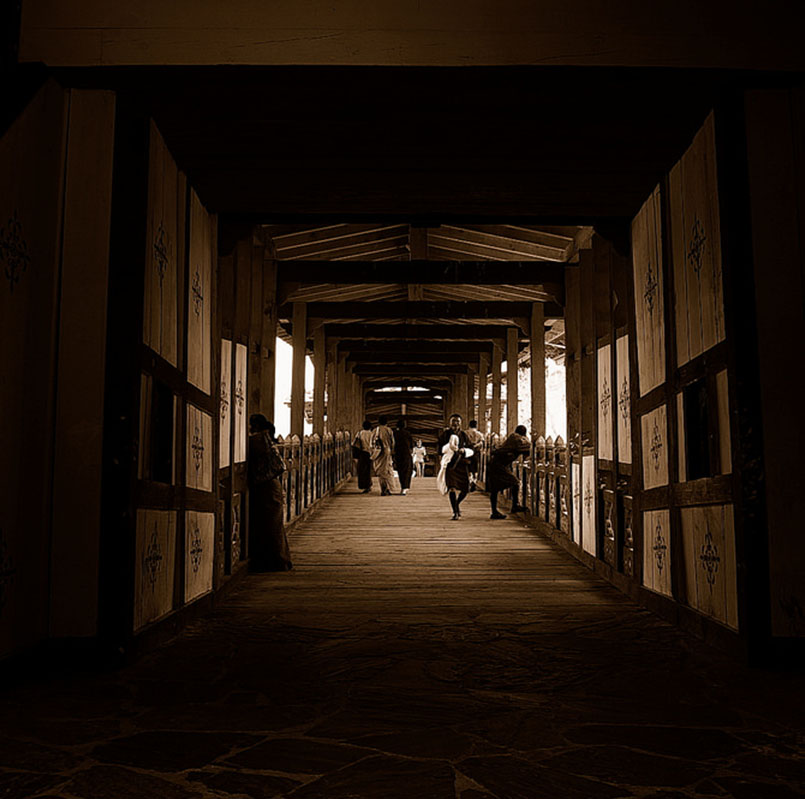Travel Information for Bhutan
Visa and Entry Requirements
All international travelers (except nationals from India, Bangladesh, and the Maldives) require a visa to enter Bhutan. Visas must be arranged through a licensed Bhutanese tour operator or international partner before arrival. Visitors need a valid passport with at least six months’ validity. Tourist visas are typically issued as part of a booked tour package and cannot be obtained independently.
Best Time to Visit
The ideal times to visit Bhutan are during the spring (March to May) and autumn (September to November) seasons. During these months, the weather is generally clear and mild, perfect for trekking, sightseeing, and attending festivals. The winter months (December to February) can be cold, especially in higher elevations, while the summer (June to August) is the monsoon season, bringing heavy rains and possible travel disruptions.
Getting There
The main international gateway to Bhutan is Paro International Airport, located about 50 km from the capital, Thimphu. Paro is served by daily flights from several cities including Bangkok, Delhi, Kolkata, Kathmandu, and Singapore, primarily operated by Druk Air and Bhutan Airlines. Overland entry is possible from India through border towns such as Phuentsholing, Gelephu, and Samdrup Jongkhar.
Currency and Payments
The official currency is the Bhutanese Ngultrum (BTN), which is pegged to the Indian Rupee (INR). Indian Rupees are widely accepted. ATMs are available in major towns like Thimphu and Paro, but cash is recommended when traveling to remote areas. Major credit cards are accepted at some hotels and shops, but cash remains king in most rural locations.
Health and Safety
Bhutan is generally a safe country for travelers. Standard vaccinations are recommended, and it’s advisable to carry basic medications. High-altitude sickness can be a concern for visitors trekking or traveling to high elevations. Tap water is not potable; drink bottled or boiled water. Health facilities in cities are good, but remote areas have limited services.
Language
The official language is Dzongkha, but English is widely spoken, especially in tourist areas and by government officials. Many Bhutanese also speak regional dialects depending on the area.
Culture and Etiquette
Bhutanese people are warm and hospitable, but visitors should respect local customs. Dress modestly, especially when visiting religious sites, and seek permission before taking photographs of people or inside monasteries. Removing shoes before entering temples is customary.
Electricity and Connectivity
Bhutan uses 230V AC electricity with Type D and G plugs. Mobile coverage is good in towns and many rural areas. Wi-Fi is available in most hotels and cafes, but internet speed can be slower than in major cities globally.






